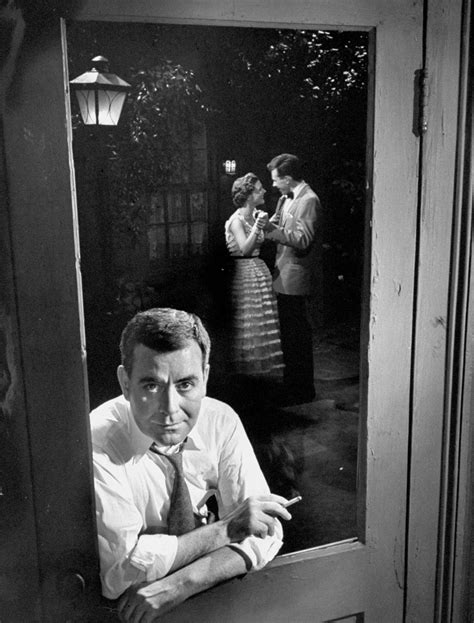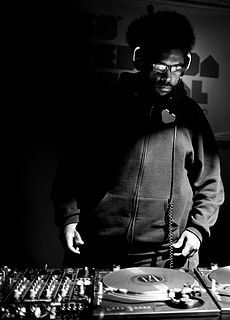A Quote by David McCullough
First of all, you can make the argument that there's no such thing as the past. Nobody lived in the past.
Quote Topics
Related Quotes
You can make the argument that there's no such thing as the past. Nobody lived in the past. They lived in the present. It is their present, not our present, and they don't know how it's going to come out. They weren't just like we are because they lived in that very different time. You can't understand them if you don't understand how they perceived reality.
Almost the first thing Obama did in the White House was to return the bust of Winston Churchill to the British embassy. That suggests a major re-ordering of things. It'll be fascinating to see what happens from now on. It was a genuine break with the recent past - perhaps to re-connect with the past past.
History is the art of making an argument about the past by telling a story accountable to evidence. In the writing of history, a story without an argument fades into antiquarianism; an argument without a story risks pedantry. Writing history requires empathy, inquiry, and debate. It requires forswearing condescension, cant, and nostalgia. The past isn’t quaint. Much of it, in fact, is bleak.
But the past does not exist independently from the present. Indeed, the past is only past because there is a present, just as I can point to something over there only because I am here. But nothing is inherently over there or here. In that sense, the past has no content. The past - or more accurately, pastness - is a position. Thus, in no way can we identify the past as past
We learn in the past, but we are not the result of that. We suffered in the past, loved in the past, cried and laughed in the past, but that's of no use to the present. The present has its challenges, its good and bad side. We can neither blame nor be grateful to the past for what is happening now. Each new experience of love has nothing whatsoever to do with past experiences. It's always new.
Your whole past hangs around you with nothing completed - because nothing has been lived really, everything somehow bypassed, partially lived, only so-so, in a lukewarm way. There has been no intensity, no passion. You have been moving like a somnambulist, a sleepwalker. So that past hangs, and the future creates fear. And between the past and the future is crushed your present, the only reality.
I am interested in the past. Perhaps one of the reasons is we cannot make, cannot change the past. I mean you can hardly unmake the present. But the past after all is merely to say a memory, a dream. You know my own past seems continually changed when I am remembering it, or reading things that are interesting to me.
We think that the world is limited and explained by its past. We tend to think that what happened in the past determines what is going to happen next, and we do not see that it is exactly the other way around! What is always the source of the world is the present; the past doesn't explain a thing. The past trails behind the present like the wake of a ship and eventually disappears.
It is not the literal past that rules us, save, possibly, in a biological sense. It is images of the past. Each new historical era mirrors itself in the picture and active mythology of its past or of a past borrowed from other cultures. It tests its sense of identity, of regress or new achievement against that past.





































